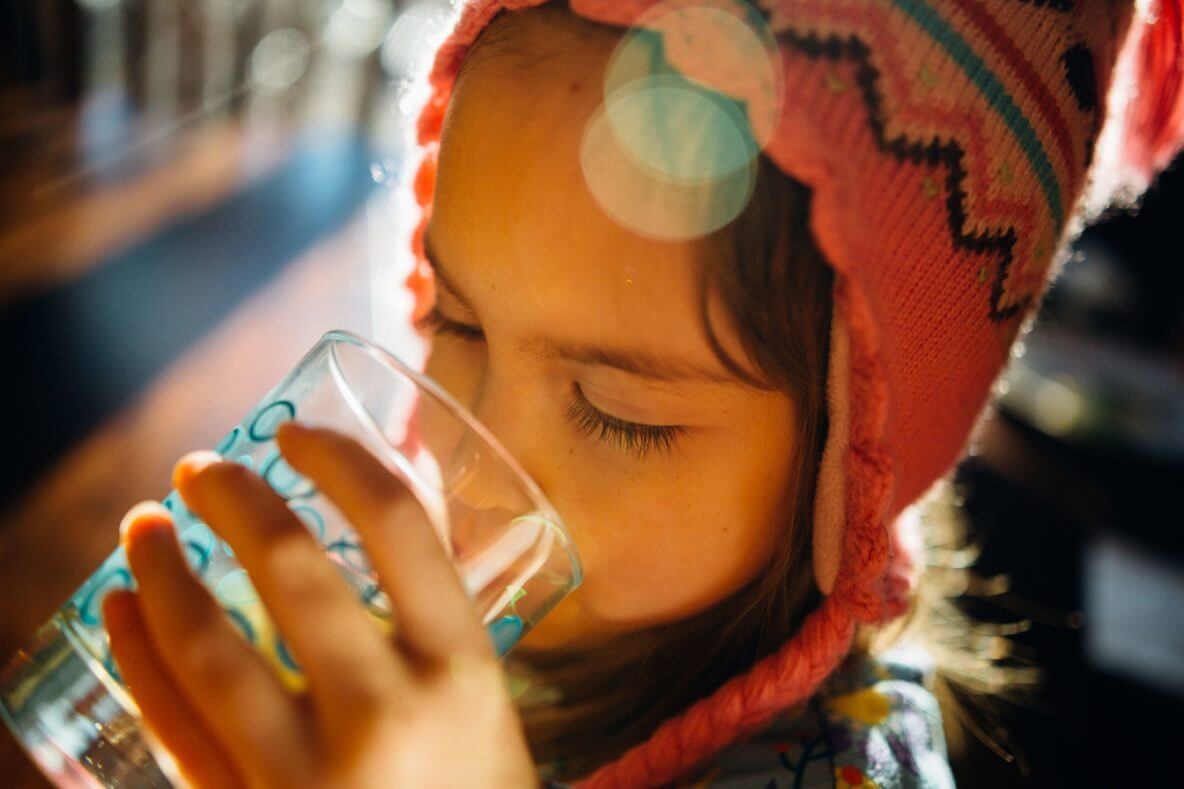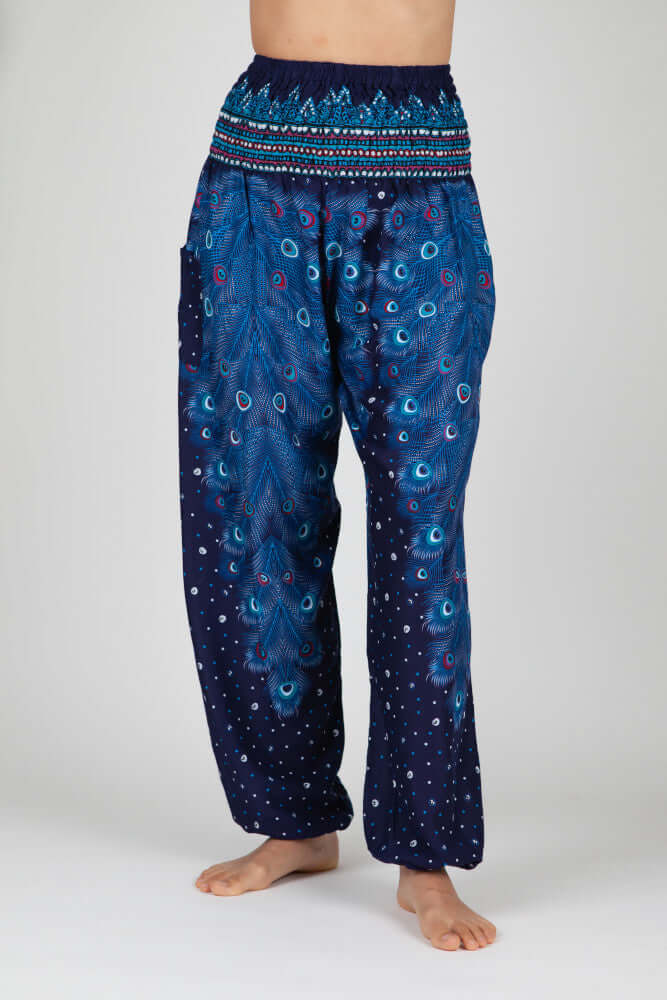
Inhaltsverzeichnis
Wasser, bitte! – Wofür unser Körper Wasser benötigt
Wer mich kennt, weiß, dass ich zu einem richtigen Wasserverfechter geworden bin. Dabei war ich mein Leben lang der größte Trinkmuffel! In meinem nächsten Umfeld beobachte ich leider immer wieder, dass viele zu wenig (Wasser) trinken. Aus diesem Grund ist es mir ein persönliches Anliegen, diese Sache hier zu thematisieren.
“Trinkst du auch genug?”
Diese Frage höre ich von meinem Vater, seit ich klein bin. Als Arzt weiß er, wie wichtig es ist, ausreichend Flüssigkeit zu sich zu nehmen. Für mich war es immer schon schwierig, täglich auf die empfohlene Menge zu kommen. Ich war gefühlt einfach nie durstig und fragte mich stets, wieso es manche Menschen so mühelos schafften, täglich ausreichend zu trinken. Erst als ich angefangen habe, mich mehr mit dem Thema auseinander zu setzen und verstand, wieso Wasser so wichtig für unseren Körper ist, versuchte ich aktiv genug Wasser zu trinken.
Mittlerweile trinke ich mindestens zwei Liter Wasser pro Tag und fühle mich innerlich quasi ausgetrocknet, wenn ich weniger als das trinke. Eine Menge meiner “Problemchen” wie trockene Haut, chronische Müdigkeit oder Konzentrationsschwierigkeiten haben sich seitdem nahezu in Luft aufgelöst. Natürlich sind die Fähigkeiten und der Zustand des Körpers sowie Geistes immer auch ein Zusammenspiel von Aktivitäten, Routinen und Lebensweisen. Daher kann ich nicht genau sagen, wieviel die ausreichende Flüssigkeitsaufnahme wirklich zur Besserung der “Symptome” beigetragen hat. Ich habe aber das Gefühl, dass sie mit den größten Beitrag geleistet hat. Schaut man sich an, wofür der Körper Wasser benötigt, erklärt das so einiges…
Wofür benötigt der Körper das Wasser?
Wasser löscht nicht nur unseren Durst, sondern sorgt vor allem dafür, das unser Körper richtig funktioniert.
Zunächst einmal besteht unser Körper im Erwachsenenalter zu circa 60% aus Wasser und somit dient dieses als Baumaterial. Ohne Wasser könnte der Körper weder Zellen reparieren, noch neue produzieren. Die in Wasser enthaltenen Spurenelemente und Mineralien sind wichtige Bausteine für Knochen und Gewebe.
Darüber hinaus nimmt Wasser eine Transportfunktion ein. Unser Blut besteht zu etwa 90% aus Wasser und transportiert Sauerstoff, Hormone und Nährstoffe zu unseren Organen und Zellen. Diese Transporte sind essentiell, damit die Stoffe dort wirken können, wo sie gebraucht werden.
Nicht zu unterschätzen ist auch die Fähigkeit des Wassers, als Temperaturregler zu fungieren. Wie du bestimmt weißt, liegt die optimale Körpertemperatur beim Menschen bei 36-37 Grad Celsius. Sind wir beispielsweise krank oder treiben Sport, steigt diese Temperatur an. Um dann wieder auf den Normalwert zu kommen, schwitzt unser Körper. Schweiß hat einen kühlenden Effekt auf unsere Haut und besteht zum allergrößten Teil woraus? Natürlich aus Wasser. Es ist auch aus diesem Grund wichtig, genügend Wasser zu trinken – da unser Körper sonst austrocknen würde.
Doch das war noch nicht alles…
Viele der Stoffe, die wir über unsere Nahrung aufnehmen (wie z.B. Zucker oder Vitamine), können außerdem erst ihre Wirkung entfalten, wenn sie mit H2O, also mit Wasser, reagieren.
Zu guter Letzt dient Wasser als Verdünnungsmittel. Wasser hat einen Einfluss auf all unsere Körperflüssigkeiten. Dabei bestimmt es beispielsweise deren Konsistenz. Unsere Körperflüssigkeiten können ihre Funktion besser ausüben, wenn sie flüssiger sind – also mehr Wasser enthalten. Sind wir dehydriert, wird unser Blut dicker und fließt damit auch langsamer. Wichtige Stoffe kommen nicht mehr so schnell an ihren Zielorten an und das wiederum beeinträchtigt die Leistungsfähigkeit unseres Körpers. Bei Dehydration können außerdem nicht mehr genug Giftstoffe und Stoffwechselendprodukte ausgeschieden werden, da der Körper nicht ausreichend Wasser zum Durchspülen zur Verfügung hat. Aus diesem Grund ist es auch besonders bei Krankheit wichtig, viel Wasser zu trinken.
Wieviel Wasser sollte ich trinken?
Im Internet stößt man auf die unterschiedlichsten Angaben. Manche sind der Auffassung, 1 Liter Wasser pro Tag reiche aus. Andere wiederum schwören darauf, dass mindestens 3 Liter Wasser pro Tag notwendig sind, um eine korrekte Funktionsweise des Körpers zu garantieren. Die Deutsche Gesellschaft für Ernährung empfiehlt als Richtwert ca. 1,5 Wasser pro Tag zu trinken. Dabei kommt es aber natürlich auch auf Faktoren wie Alter, Klima, Gewicht, körperliche Anstrengung oder Lebensumstände an (z.B. sollten stillende Mütter mehr trinken).
Unser Körper scheidet übrigens pro Tag circa 1 Liter Wasser über Urin aus. 0,5 Liter werden durch Schweiß verloren und ebenfalls ein halber Liter wird durch unsere Atmung ausgeschieden…
Im zweiten Teil dieses Artikels spreche ich darüber, was Dehydration für Auswirkungen auf unseren Körper und unseren Geist haben kann. Außerdem teile ich ein paar Tipps mit dir, wie man es schaffen kann, aus Viel-Trinken eine Gewohnheit zu machen.
Wenn du noch mehr über die Themen gesunde Ernährung, Achtsamkeit oder Nachhaltigkeit erfahren möchtest, schaue doch mal hier vorbei.




























Leave a comment
This site is protected by hCaptcha and the hCaptcha Privacy Policy and Terms of Service apply.